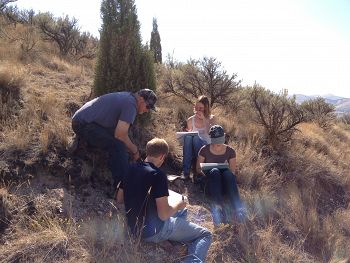Higher Education
Education activities will be targeted at engaging a new critical mass of graduate students and undergraduates in Critical Zone Science. We will also train a cadre of graduate students how to communicate science to the public and effective outreach materials.
Kathleen Lohse and Soils and Critical Zone Processes class after describing soils along an elevation gradient in Idaho near Idaho State University
We're developing an observatory that can be a living laboratory for undergraduates and graduate students through coursework and research.
New course offerings:
Field Methods in Environmental Science: A two-week intensive course at the Reynolds Creek Experimental Watershed that will focus on analysis of topographic and vegetational data, hydrologic methods, carbon and water fluxes, and soil characteristics (Lohse, Reinhardt, and Godsey at Idaho State University with contributions from Seyfried and Flerchinger at the ARS).
Existing course offerings:
Soils and Critical Zone Processes: This undergraduate/ graduate course provides the student a basic understanding of soils and factors of soil formation. Major topics include basic soil properties, soil physics, soil biology and soil chemistry. Students get hands-on experience in soil description and classification (Lohse).
Ecosystems and Global Changes: This course examines the structure and function of ecosystems and their responses to natural and anthropogenic changes. Students will develop critical analytical, reading and writing skills through problem sets and group field project. Graduate students will conduct an independent project on a topic of their interest or related study that incorporates ecosystem concepts discussed in class. A weekend field trip will be required to RC CZO. Through these activities, students will develop the ability to integrate and contexualize the principles of ecosystem management and gain an understanding of the importance of maintaining ecosystem functions to sustain the ecosystem services that they provide (Lohse).
Advanced Image Processing: This graduate course will target the RCEW for collection of field-based TLS and hyperspectral data and processing of it (this course has been taught statewide to ISU-BSU-UI students) (Glenn).
Modeling Land Atmosphere Interactions and Global Hydrologic Change: A graduate level course will use examples from RCEW to understand how soil carbon influences global climate and the role of vegetation in modulating global water energy and carbon cycles (Flores).
News
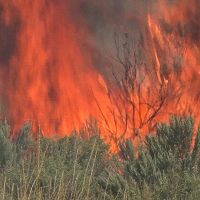
FEATURED
“Voices of Fire,” a documentary film about wildfire in the West, is now available on YouTube!
05 Sep 2017 - Hugo Sindelar's documentary film about the Soda Fire, which burned the northern portion of Reynolds Creek and a total of 280,000 acres in just 7 days.
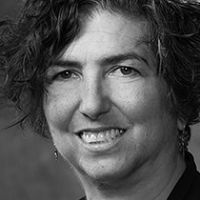
Congratulations Jill Marshall on receiving the 2018 Luna B. Leopold Young Scientist Award
06 Nov 2018 - Marshall Receives 2018 Luna B. Leopold Young Scientist Award
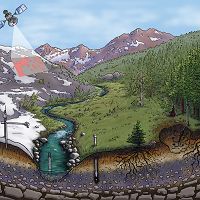
Undergraduate course curriculum, “Introduction to Critical Zone Science,” available free online
01 Jan 2018 - A 15-week semester-long upper-level undergraduate course curriculum entitled “Introduction to Critical Zone Science” is now available free online.
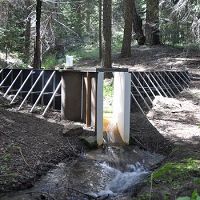
Water Resources Research Special Collection: Concentration-discharge relations in the critical zone
30 Oct 2017 - Water Resources Research published a new special collection in September 2017 featuring concentration-discharge research from multiple CZOs.
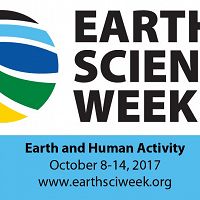
Earth Science Week 2017 Video Contest
15 Aug 2017 - For Earth Science Week 2017, the American Geosciences Institute invites you to enter the Earth Connections video contest. Submit a brief, 30-90...

2017 CZO Webinar Series: Critical Zone and Society
06 Apr 2017 - 2017 CZO Webinar Series: Critical Zone and Society.
Explore Further
